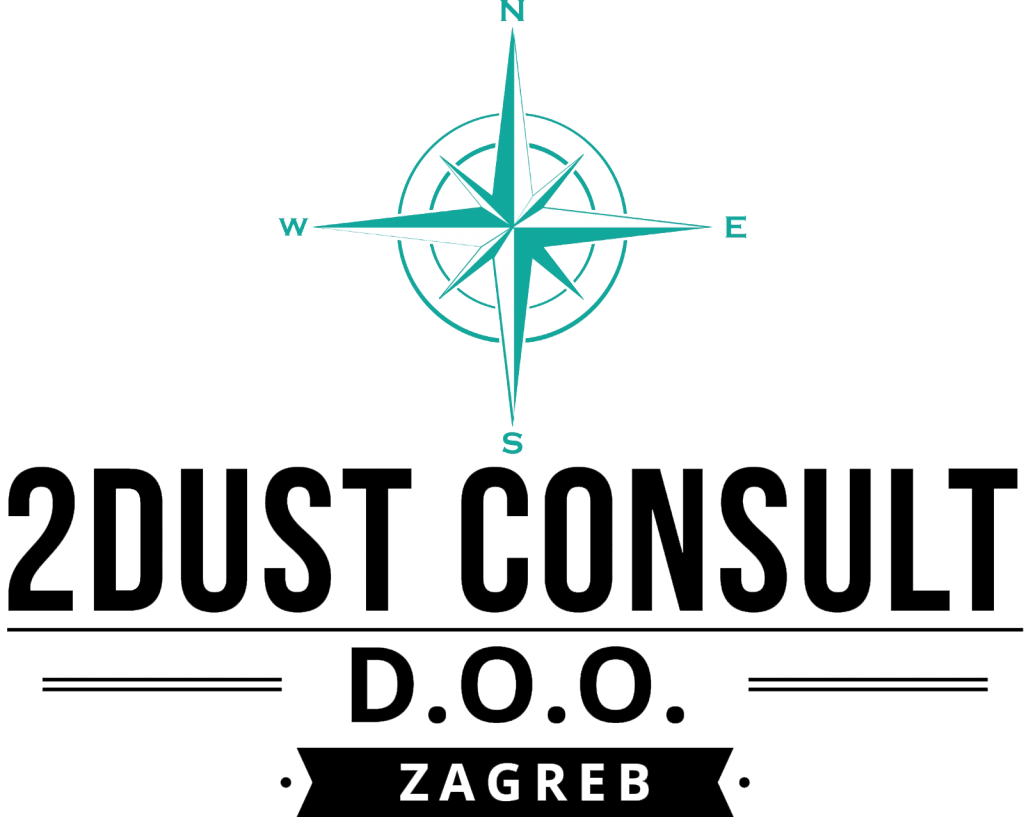The Chief Operating Officer (COO) is a member of the organization's executive team responsible for managing the operational aspects of the business. Its main role is to ensure the efficient execution of daily operations and the achievement of the organization's operational goals. His responsibilities may vary depending on the specifics of the industry and the size of the organization, but include the following:
1. Operational Process Management: The COO is responsible for managing the operational processes of the organization. This includes ensuring efficient production, service provision or product delivery. The COO is responsible for optimizing operational processes to improve productivity, quality and efficiency.
2. Strategy Planning and Implementation: The COO works in collaboration with other members of the executive team to develop an operational strategy that is aligned with the organization's goals. He is responsible for implementing strategy and achieving operational goals through effective management of resources, costs and time.
3. Human resource management: The COO has responsibility for human resource management in the operational part of the organization. This includes recruiting, training, motivating and developing staff. The COO is responsible for ensuring that the organization has the appropriate number and type of employees needed to achieve operational goals.
4. Quality Management: The COO takes care of the quality of the products or services that the organization provides. He implements strategies and practices to ensure high quality products or services, and achieve client satisfaction and trust.
5. Cost and efficiency management: The COO is responsible for managing operating costs and ensuring efficient use of resources. He implements measures to reduce costs, improve processes and optimize operational efficiency.
6. Performance Monitoring and Reporting: The COO monitors operations performance, collects data, analyzes results and prepares reports for management. It provides information on the achievements, challenges and opportunities related to the operational business of the organization.
7. Risk Management: The COO recognizes the risks






